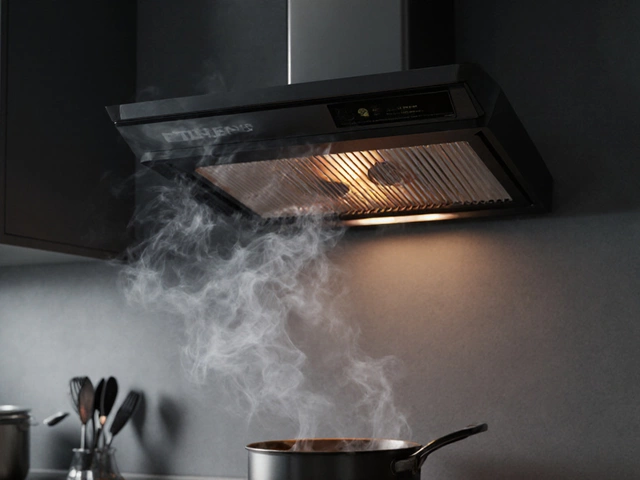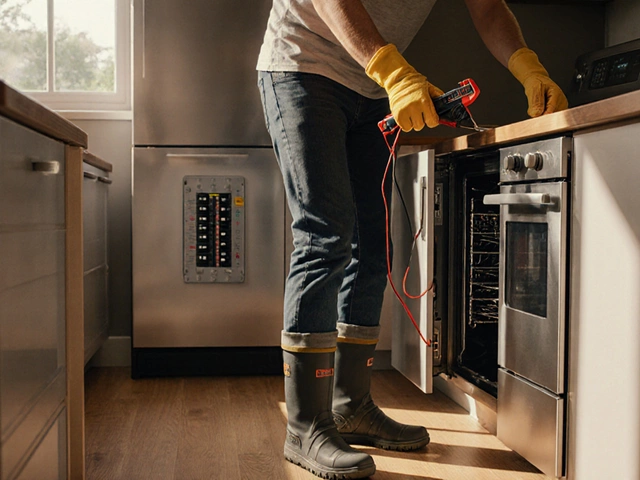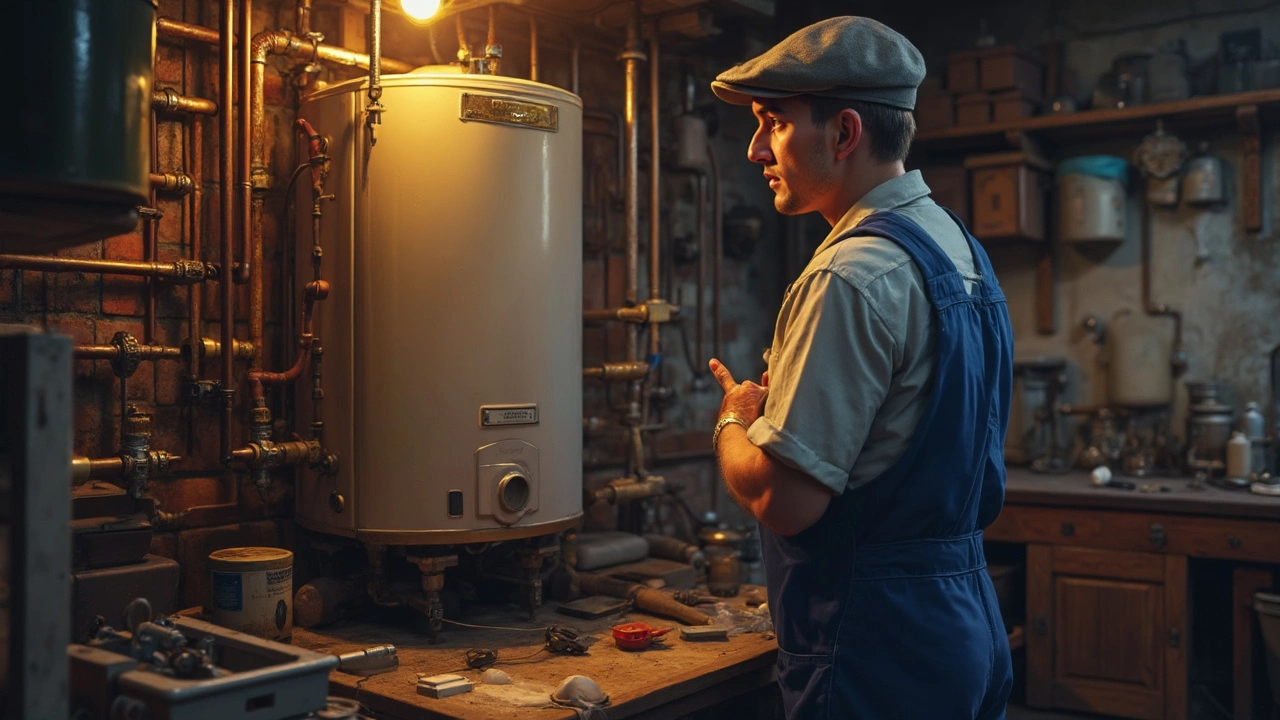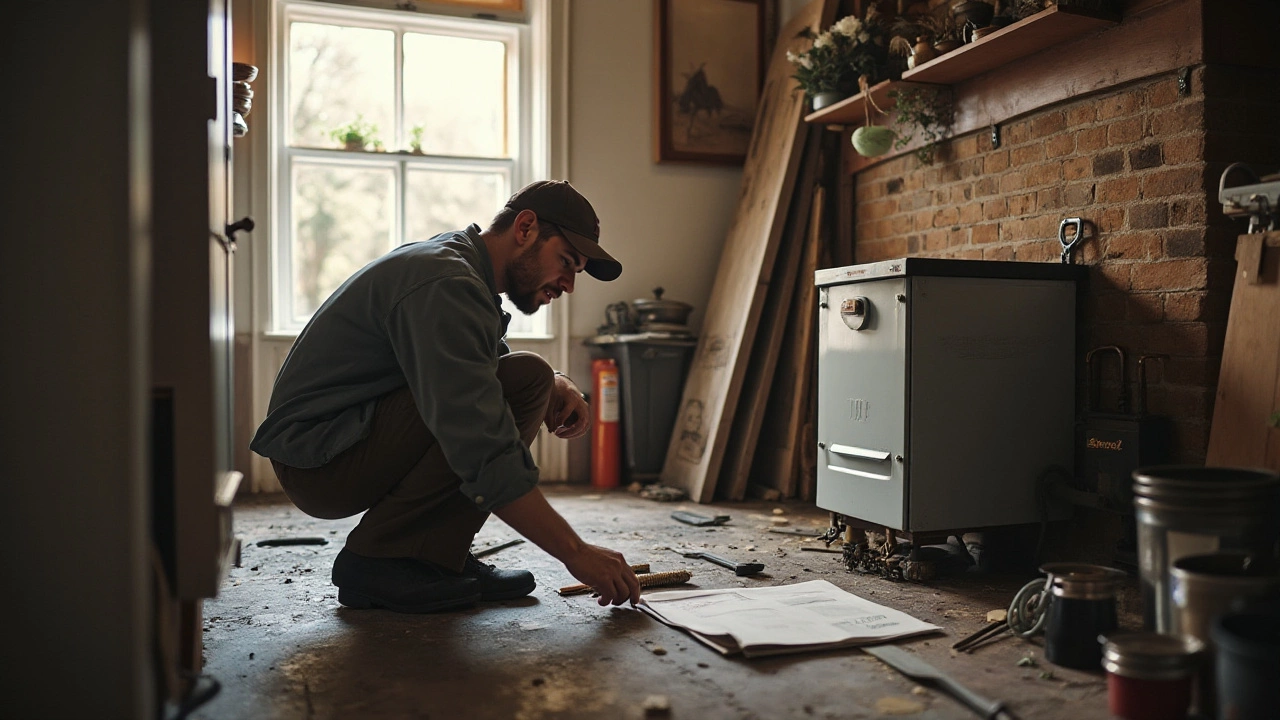Heating System: How to Keep Your Home Warm All Year
When the temperature drops, the last thing you want is an empty house or a cold shower. A well‑maintained heating system makes sure every room stays comfy and the water stays hot. Below you’ll find straight‑forward advice for the three main players in most UK homes: boilers, heat pumps, and water heaters. Follow these steps and you’ll know when a quick fix will do and when it’s time to call in a professional.
Boiler Care and When It Needs Replacing
Boilers are the heart of most heating systems. A healthy boiler can last 10‑15 years, but its lifespan depends on regular maintenance and how hard you push it. Look for these warning signs: strange noises, loss of pressure, frequent thermostat cycling, or a sudden drop in hot water output. If any of these pop up, turn the heating off and call a qualified technician.
Simple upkeep can add years to a boiler’s life. Flush the system once a year to remove sludge, check the pressure gauge (ideal range is 1‑1.5 bar), and schedule an annual service with a certified engineer. During the service, the pro will inspect the heat exchanger, test safety valves, and clean the burners. Skipping this check often leads to costly breakdowns and higher energy bills.
When a boiler is beyond repair, the decision to replace isn’t just about price. Consider the age of the unit, its efficiency rating, and how much you’re paying for repairs each year. Modern condensing boilers can be up to 30% more efficient, which may offset the upfront cost over time.
Heat Pump & Water Heater Quick Fixes
Heat pumps are growing in popularity because they pull heat from the outside air even when it’s chilly. If your pump isn’t blowing warm air, start by checking the thermostat settings and filters. A clogged filter reduces airflow, making the unit work harder and feel cold. Clean the filter, reset the system, and give it a moment to warm up.
Another common issue is low refrigerant levels, which usually require a professional to fix. If the pump cycles on and off quickly (short‑cycling), it could be a thermostat problem or a mis‑sized unit. In those cases, call a certified installer to assess the wiring and sizing.
Water heaters, whether electric or gas, also need routine care. Flush the tank once a year to get rid of sediment that can cause noisy operation and lower efficiency. Test the pressure‑relief valve by lifting the lever—water should flow out without hesitation. If you notice only cold water coming from taps, check the thermostat, heating element, or pilot light before calling a plumber.
DIY repairs are fine for basic tasks like resetting a breaker or cleaning a filter. But anything involving gas, electrical wiring, or internal tank components should be left to a licensed professional. The right expertise prevents safety hazards and ensures the warranty stays valid.
Keeping your heating system in top shape doesn’t have to be a nightmare. A quick visual check each month, an annual service for the boiler, and a yearly tank flush for the water heater go a long way. When you spot a problem early, you’ll save money, stay warm, and avoid a rush‑hour call to emergency repair services.
Got a stubborn issue that you can’t pin down? Rugby Appliance Repair Services can send a qualified technician to your door, diagnose the problem, and fix it right the first time. Contact us today for a same‑day appointment and keep your home cozy all season long.











